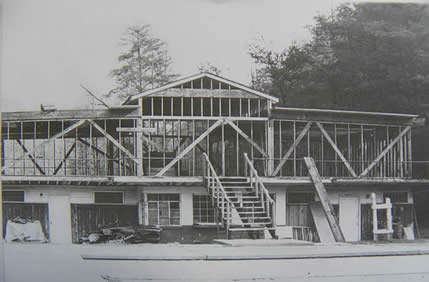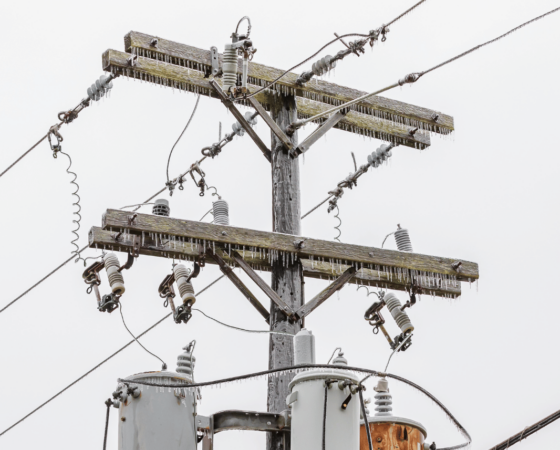Earlier this week, we posted some terrific commentary on how rural America gets overlooked when it comes to federal policy. In the blog post from the Daily Yonder we discussed on Tuesday, author Karl Stauber noted:
Many of the urban areas that are prospering do so, in part, because of public sector investments in research universities, government subsidized transportation systems, and historically cheap energy and water moved from rural areas to urban. If rural areas do not have equal access to opportunities, government policy is maintaining or creating an uneven playing field.
So it is timely that today the Obama Administration announced the creation of the White House Rural Council. Chaired by current Secretary of Agriculture Tom Vilsack (an Iowan), the Council will focus on job creation, agriculture, access to credit, innovation, networks, health care, education, broadband, infrastructure and ecosystem markets. According to the Associated Press, an anonymous White House official indicated that job creation would be the top priority.
The Council will be made up of representatives from 25 different federal departments, including the Office of National Drug Control Policy, the Office of Environmental Quality, the Departments of Education, Transportation and Energy, and the Small Business Administration. These representatives are tasked with "work[ing] across executive departments, agencies, and offices to coordinate development of policy recommendations to promote
economic prosperity and quality of life in rural America, and shall coordinate my Administration's engagement with rural communities." This includes finding ways to streamline and leverage Federal dollars and working efficiently with stakeholders.
Interestingly, "energy development, outdoor recreation, and other conservation related activities" are pulled out specifically as a focus for economic development. This could indicate good news for our region as we strive to diversify our economic base into renewable energy and tourism opportunities, or it could be more of the same if the energy development is simply coal-focused.
However, it is possible that none of this will be relevant to us at all. The previously-mentioned anonymous White House staffer stated that the Council would "focus on 10 areas that affect nearly one-fifth of the U.S. population." The staffer did not specify where those 10 areas are located, nor are they mentioned in the Executive Order establishing the Council. However, the Order specifically states a focus on "the growth and development of geographic regions that encompass both urban and rural areas," which could exclude large portions of Central Appalachia. How can we ensure that we are not, once again, passed over for federal programs and investment?





